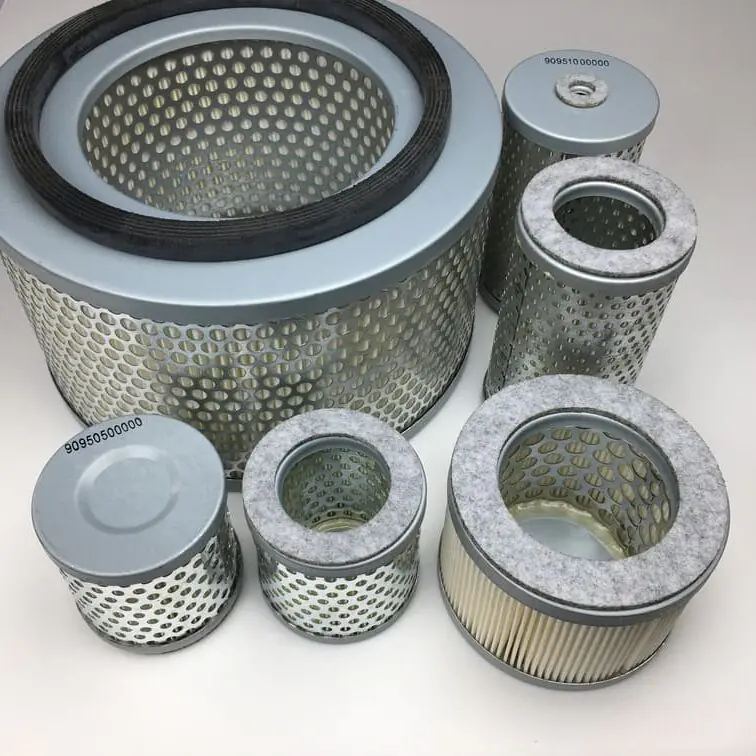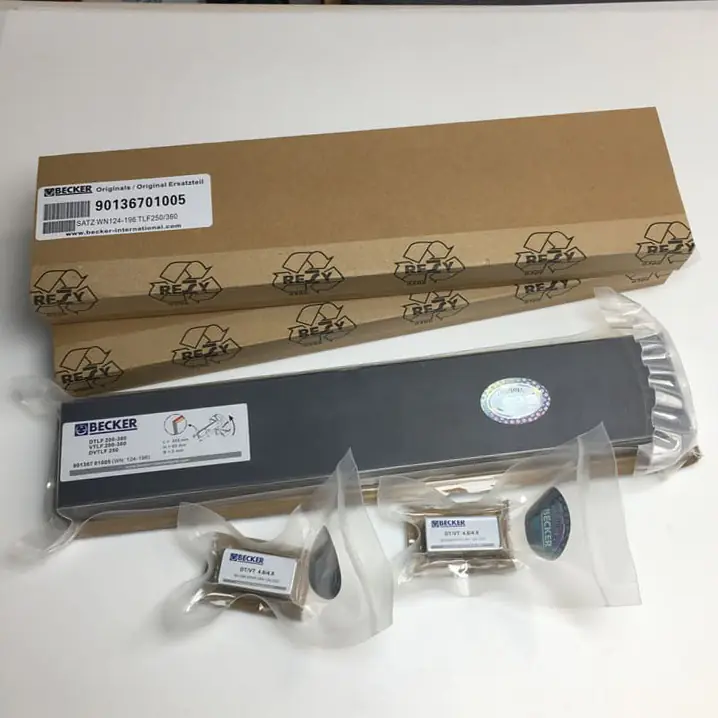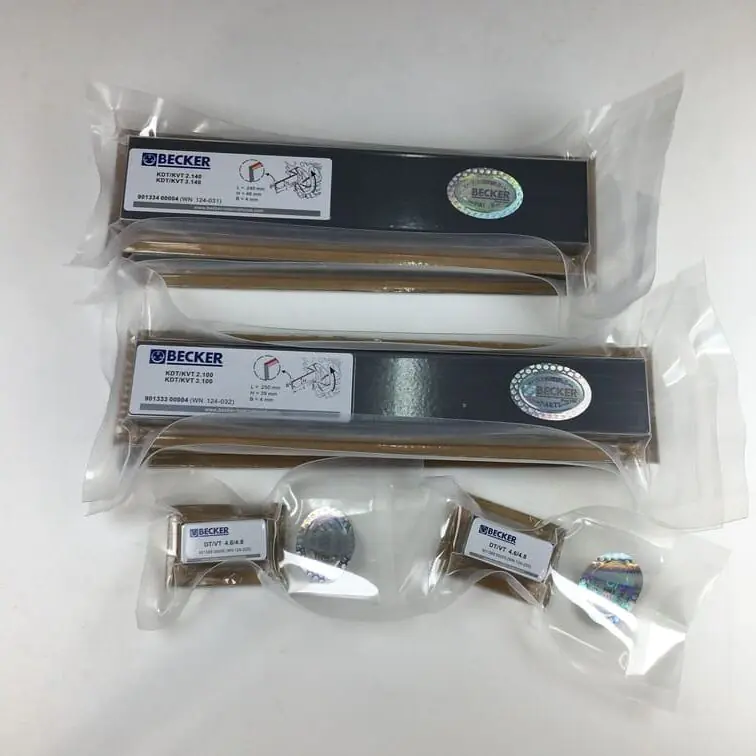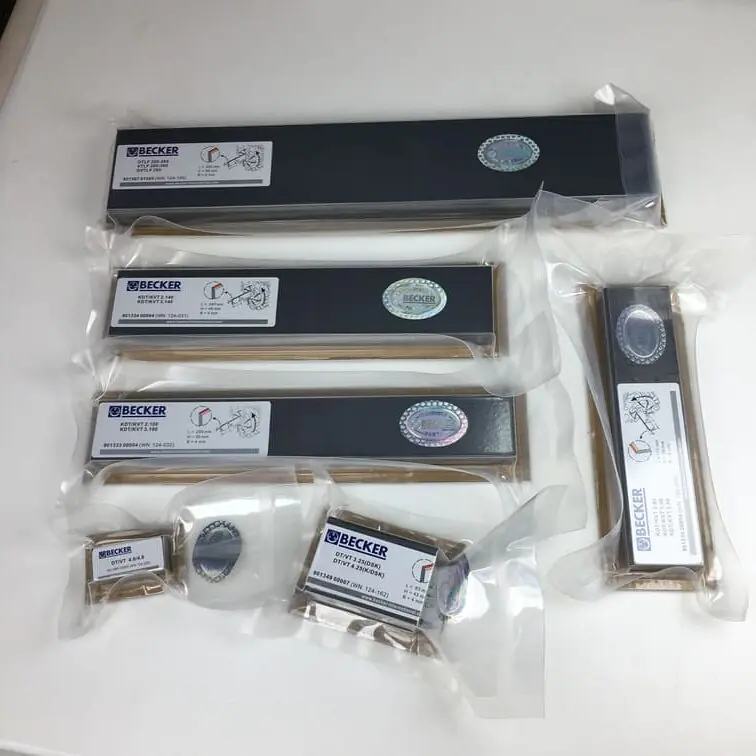Can Lawn Mower Fuel Additive Damage a Vacuum Pump?
Fuel additives have become an increasingly popular choice for lawn mower owners, aiming to extend engine life, improve performance, and reduce emissions. However, some people worry about potential side effects of using these additives, particularly when it comes to other parts of the mower system, like the vacuum pump. In this article, we’ll discuss whether a lawn mower fuel additive could damage a vacuum pump, and what factors to consider when using these additives.
Understanding Fuel Additives
Fuel additives are substances added to fuel to improve its performance and quality. They come in many forms, each designed to tackle different issues such as carbon buildup, rust prevention, or poor combustion. Some of the common types include:
- Stabilizers: Prevent fuel from breaking down during periods of storage.
- Detergents: Clean the internal parts of the engine, reducing deposits and buildup.
- Octane Boosters: Increase the octane level of the fuel for improved combustion.
While these additives can improve a lawn mower’s engine performance, they also introduce chemicals into the fuel system that might interact with other components, including the vacuum pump.
How Do Vacuum Pumps Work in Lawn Mowers?
A vacuum pump in a lawn mower helps with maintaining the engine’s air pressure balance. By creating a partial vacuum, it assists in drawing fuel and air into the combustion chamber efficiently. This function is essential for the proper operation of the engine, ensuring that the right mixture of air and fuel is delivered for optimal combustion.
Vacuum pumps in lawn mower engines are typically mechanical, meaning they rely on the engine’s motion to operate effectively. They’re designed to handle a clean fuel-air mixture, so any contaminants or chemicals can pose a risk of damage.
Internal Link: For information about maintaining vacuum systems, check out our Vacuum Pump Spare Parts Guide.
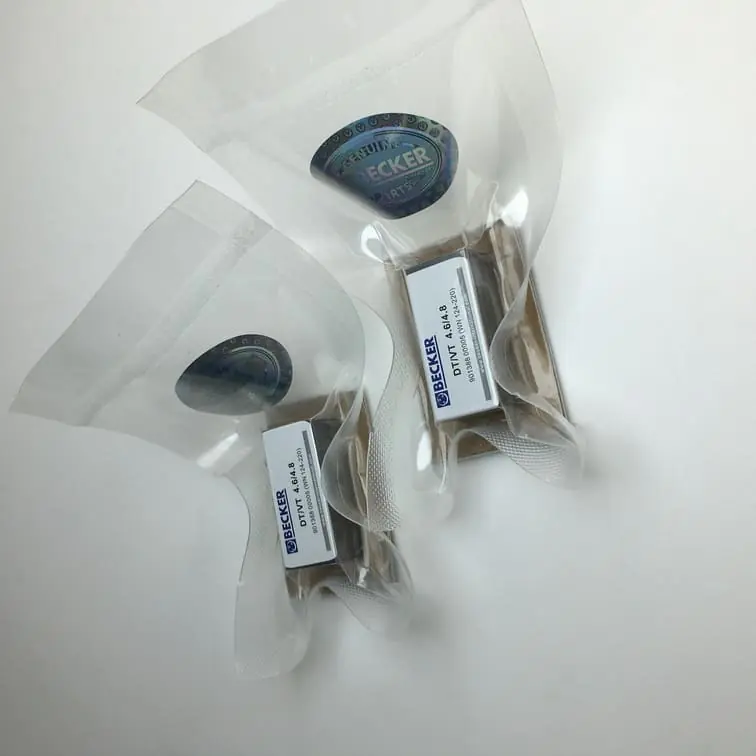
Potential Risks of Fuel Additives on Vacuum Pumps
1. Chemical Compatibility
One of the most common concerns with fuel additives is chemical compatibility. Some additives contain solvents that can break down rubber or plastic components found in vacuum pumps. These chemicals may degrade seals, gaskets, and hoses that are essential to the pump’s proper functioning. Once these components start breaking down, the vacuum pump may experience leaks, resulting in reduced efficiency or total failure.
To determine whether a particular fuel additive may harm your vacuum pump, you should always check the manufacturer’s guidelines. Many manufacturers provide a list of compatible or recommended products that are safe for use with their equipment.
“Using incompatible additives can quickly degrade the quality of seals, causing vacuum leaks and reducing the performance of the entire system.”
2. Buildup and Blockage
Some fuel additives, especially those meant to remove carbon deposits, can cause residue buildup if not used properly. If an excessive amount of fuel additive is used, it may leave behind residues that can travel through the fuel lines and ultimately affect the vacuum pump. This can lead to clogs or reduced airflow, diminishing the pump’s effectiveness.
It’s crucial to follow dosage recommendations strictly when using fuel additives. Overdosing can lead to more harm than good, especially in small engines like those found in lawn mowers, where all components are closely integrated and highly sensitive.
Internal Link: To keep your vacuum system in great shape, consider our Becker Air Filters to prevent clogging and ensure clean air supply.
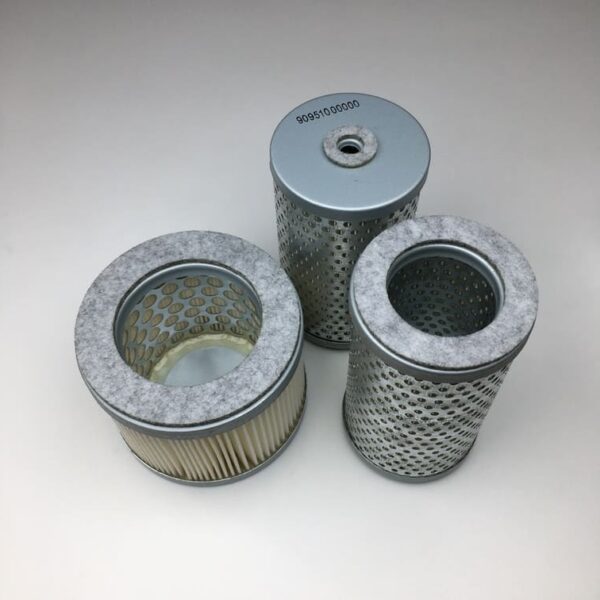
3. Impact on Vacuum Pump Oil
For oil-lubricated vacuum pumps, the introduction of additional chemicals through fuel additives can have a direct effect on the vacuum pump oil. Some additives contain solvents or ethanol, which can contaminate the vacuum pump oil, altering its viscosity or causing it to lose its lubricating properties. This contamination can lead to increased friction between moving parts, resulting in wear and tear, overheating, and ultimately pump failure.
If your lawn mower vacuum pump is oil-lubricated, it’s important to use high-quality fuel additives that specify their compatibility with oil-based systems. Regular maintenance and frequent oil changes are also recommended if you’re using fuel additives frequently.
Should You Avoid Fuel Additives?
Given the risks, you may wonder if it’s best to avoid using fuel additives entirely. The truth is that many fuel additives are perfectly safe if used properly. They can actually extend the life of your lawn mower’s engine, improve fuel efficiency, and keep your system running smoothly. However, you must consider a few key points:
- Consult Manufacturer Recommendations: Always check your lawn mower’s manual for recommended products or restrictions.
- Use Proper Dosage: Follow the recommended dosage on the additive label to prevent any buildup or damage to engine components.
- Choose Additives Wisely: Look for products labeled as compatible with small engines and free from harsh solvents or ethanol.
Benefits of Using Fuel Additives
- Increased Efficiency: Improves combustion and fuel usage, reducing costs in the long term.
- Reduced Carbon Buildup: Helps clean internal engine components, leading to a longer lifespan for your mower.
- Stabilized Fuel: Keeps fuel fresh for longer periods, especially during off-season storage.
While these benefits are significant, they are only realized if you choose the right product and use it in the correct way.
How to Protect Your Vacuum Pump When Using Fuel Additives
1. Opt for Additive-Free Fuels
If you’re concerned about potential damage to your vacuum pump, consider using additive-free fuels. There are several companies that provide high-quality fuel without any added chemicals, reducing the risk of damaging other parts of your mower’s engine system.
2. Regular Maintenance and Inspection
The best way to ensure your vacuum pump stays in top shape is to conduct regular inspections. Look out for any signs of degradation such as cracked hoses, leaky seals, or poor vacuum performance. If you detect any of these issues, it may be a sign that your vacuum pump is being affected by the fuel additives you’re using.
Internal Link: Check out our article on 90137301010 Becker Vacuum Vanes to replace worn-out components and keep your system functioning effectively.

3. Use Ethanol-Free Additives
One of the most common issues with additives is ethanol. Ethanol can be highly corrosive and may degrade rubber and plastic components within your vacuum system. Consider opting for ethanol-free additives to reduce this risk. Many high-quality additives are specifically designed for small engines and are marketed as safe for all engine components, including vacuum pumps.
4. Maintain Proper Ventilation
The vacuum pump relies heavily on good airflow to function properly. Ensure that your fuel system, including fuel lines and air intake, is always free from blockages or residue buildup. Maintaining proper ventilation ensures that the vacuum pump does not overheat or lose efficiency.
Common Misconceptions About Fuel Additives
1. “All Additives Are Harmful to Vacuum Pumps”
Not all additives are harmful. The key is understanding which type of additive is appropriate for your equipment. Many additives are specifically formulated to be safe for small engines and do not contain the harsh chemicals that can damage vacuum pumps or other engine components.
2. “Using More Additive Will Clean Better”
This is a common misconception that can lead to overdosing the fuel system. More does not necessarily mean better; it can lead to buildup and potential damage, especially in sensitive components like vacuum pumps.
3. “Fuel Additives Are Not Necessary if Fuel Quality Is Good”
While high-quality fuel is a great start, fuel additives play a different role. They can help with carbon deposit removal, rust prevention, and fuel stability during long storage periods. This is particularly important for lawn mowers, which may sit idle for extended periods.
FAQs
1. Can fuel additives damage my lawn mower’s vacuum pump?
Fuel additives can damage a vacuum pump if they contain harsh chemicals or if they are used improperly. Always use additives that are labeled as compatible with small engines.
2. What kind of fuel additive is safe for my lawn mower?
Look for additives that are ethanol-free and specifically formulated for small engines. Avoid harsh solvents that could degrade rubber or plastic components.
3. How can I tell if a fuel additive is harming my vacuum pump?
Signs include poor engine performance, reduced vacuum pressure, leaking seals, or cracked hoses. Regularly inspecting your vacuum pump can help identify issues early.
4. Is it better to avoid additives altogether?
Not necessarily. When used correctly, fuel additives can improve engine performance and extend the life of your mower. The key is choosing the right product and using it as directed.
5. How often should I use fuel additives in my lawn mower?
You should use fuel additives as per the manufacturer’s recommendations, typically once every few tank refills, or when storing your mower for extended periods.
6. Can ethanol damage my vacuum pump?
Yes, ethanol can degrade rubber and plastic components, which may lead to vacuum leaks and reduced pump efficiency. Always use ethanol-free additives if possible.
Conclusion
Using a lawn mower fuel additive can provide benefits like improving engine performance and reducing emissions, but it can also pose risks to certain components, such as the vacuum pump, if not used properly. Proper selection of additives and adherence to the manufacturer’s guidelines are key to avoiding these risks.

